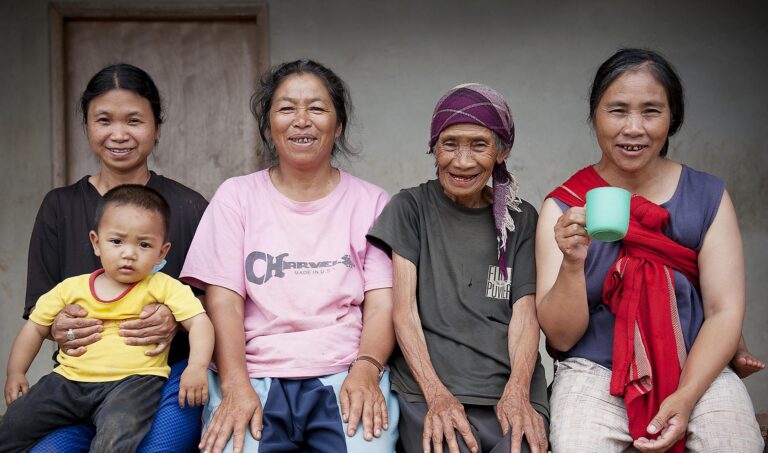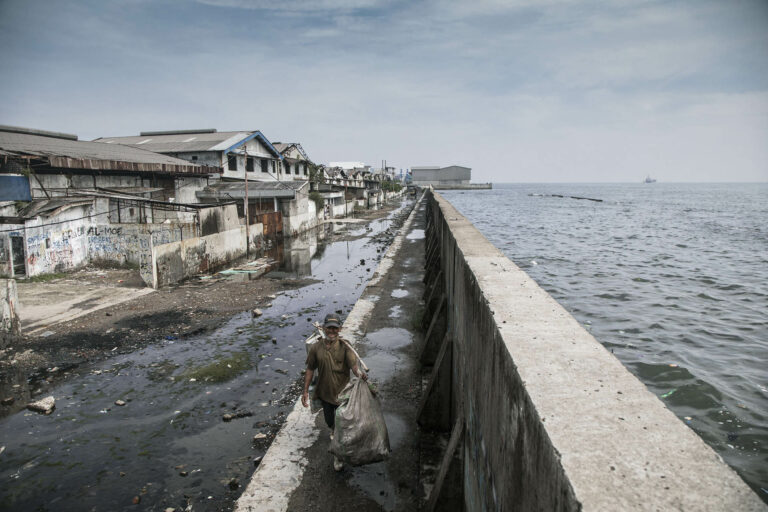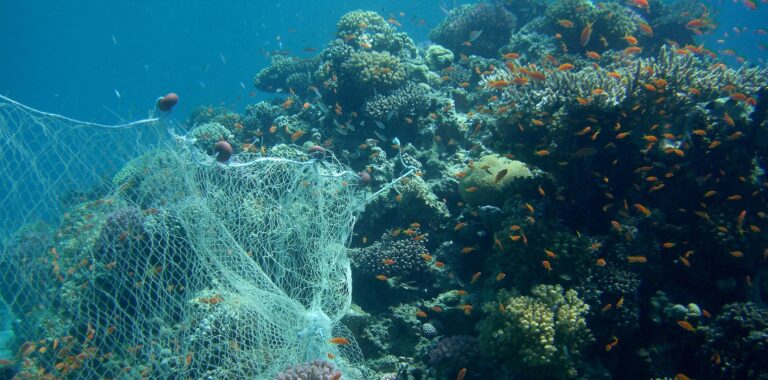Indigenous Peoples face a multitude of threats from climate change.
Under the International Covenant on Economic, Social and Cultural Rights (ICESCR), everyone has the right to adequate housing. Adequate housing is defined under international human rights law to include security of tenure, availability of services, affordability, habitability, accessibility, appropriate location and cultural adequacy.
State parties to the ICESCR are obligated to take measures, both individually and through international cooperation, to uphold this and other fundamental rights.
Other international and regional human rights treaties, such as the Convention on the Elimination of All Forms of Discrimination Against Women (CEDAW) and the Convention on the Rights of the Child (CRC), have since recognized or referred to the right to adequate housing or some elements of it, such as the protection of one’s home and privacy.
The right to adequate housing is fundamentally threatened by climate change. Millions of people have already lost or will lose their homes to extreme weather events such as floods, hurricanes, or wildfires. Extreme heat and extreme cold directly impact the habitability of housing, where homes are not properly insulated, or lack adequate appliances or energy for heating or cooling. Slow onset effects of climate change such as desertification, lack of water for agriculture and drinking, and rising sea levels are also displacing millions from their homes, often to urban areas that lack adequate housing.
Marginalized groups living in poverty or facing discrimination on the basis of gender, sex, age, religion, race, cultural or ethnic background, disability, or migration status are often the most at risk. To minimize their exposure to risks, it is crucial that policies are tailored to their specific needs and that they are consulted and can participate in decision-making, implementation, monitoring and evaluation at all levels of climate action.
Photo Credit: After days of continuous rains, parts of Northern Haiti suffered serious flooding, leaving more than a dozen dead and thousands homeless. Photo by Logan Abassi (UN Photo, 2014) (CC BY-NC-ND 2.0).






